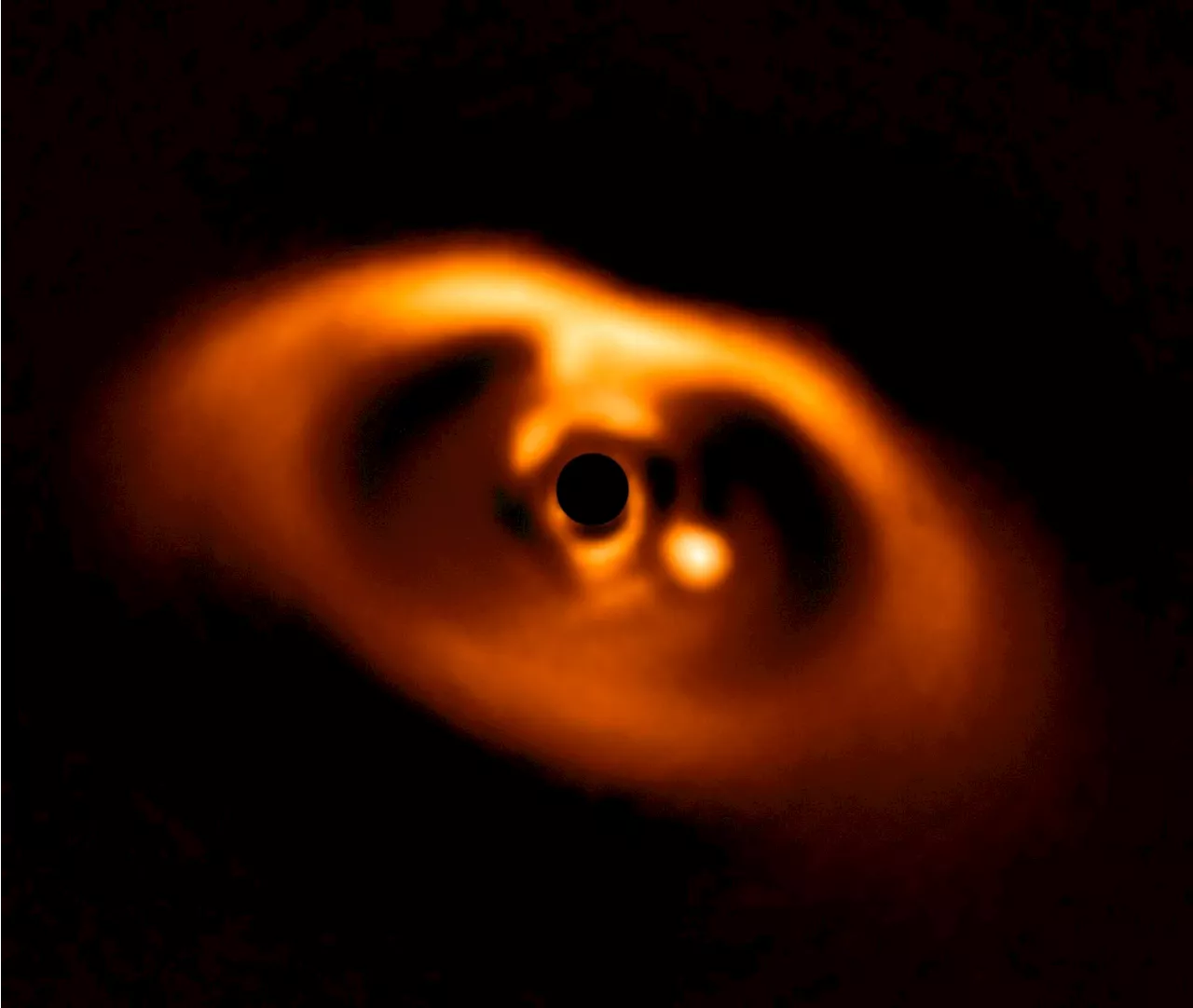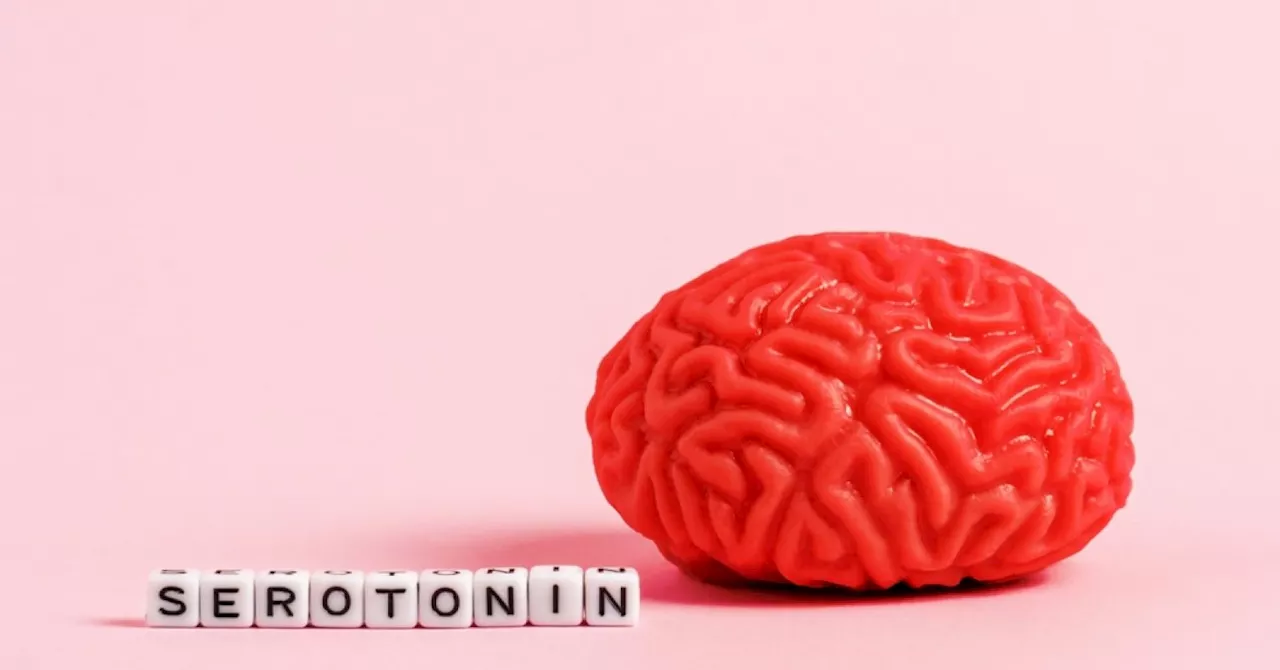This book, by Joanna Moncrieff, critically examines the serotonin hypothesis and its impact on the medicalization of depression. Moncrieff argues that the emphasis on a 'chemical imbalance' has led to an overreliance on antidepressants and a distorted understanding of the condition. She presents evidence suggesting the hypothesis lacks scientific support and that the 'drug-centered' approach has overshadowed a more nuanced view of mental health.
The serotonin hypothesis remains the principal justification for their use.has acted as the template for the creeping medicalization of a widening array of life problems,” contends Joanna Moncrieff in her startling and insightful new book,published today in the United Kingdom by Flint Books at The History Press.
But as we learn from Moncrieff’s riveting account of how she briefly became its victim, the construct itself doesn’t thereby disappear. Discredited theories aren’t simply removed from circulation, as if by fiat or fast-established consensus. Especially if they have been publicized over many years by drug makers and influential figures, they can quickly assume new life.
Moncrieff asks with disarming bluntness: “What are we to make of the fact that antidepressants, among the most commonly used drugs of modern times, have not been convincingly shown to be beneficial, either in the short term or the long term? How is it possible that doctors, policy-makers, the media and the public have carried on as if they do?”One conclusion drawn from a now almost-impassable gulf between scientific evidence and popular understanding of antidepressants is that the “chemical...
That would account for some of the hostility to Moncrieff’s and her team’s findings, including that discrediting the theory supposedly wouldn’t matter if the drugs still “work.” But, obviously, itmatter that patients receive reliable, accurate information about antidepressants, including so they can make informed decisions about whether to take them.
Medicine Psychology SEROTONIN HYPOTHESIS ANTIDEPRESSANTS CHEMICAL IMBALANCE DEPRESSION MEDICALIZATION
United States Latest News, United States Headlines
Similar News:You can also read news stories similar to this one that we have collected from other news sources.
 Exoplanet Composition Challenges Nebular HypothesisA team of astronomers studying the exoplanet PDS 70b has found discrepancies between its atmospheric composition and the protoplanetary disk from which it formed, challenging the traditional nebular hypothesis of planet formation.
Exoplanet Composition Challenges Nebular HypothesisA team of astronomers studying the exoplanet PDS 70b has found discrepancies between its atmospheric composition and the protoplanetary disk from which it formed, challenging the traditional nebular hypothesis of planet formation.
Read more »
 Fuzzy Dark Matter: A New Explanation for Galaxy Cores?This article explores the possibility of fuzzy dark matter as an alternative explanation for the dense cores of galaxies. It discusses the traditional dark matter hypothesis and its limitations, then introduces the concept of fuzzy dark matter and its potential to form large, diffuse clumps called 'dark stars.' The article highlights a recent study using a simple model to simulate the interaction of fuzzy dark matter and ordinary matter, finding that they quickly reach an equilibrium, creating a stable core surrounded by a cloud of dark matter. This suggests a promising direction for future research, with more complex simulations needed to confirm this hypothesis.
Fuzzy Dark Matter: A New Explanation for Galaxy Cores?This article explores the possibility of fuzzy dark matter as an alternative explanation for the dense cores of galaxies. It discusses the traditional dark matter hypothesis and its limitations, then introduces the concept of fuzzy dark matter and its potential to form large, diffuse clumps called 'dark stars.' The article highlights a recent study using a simple model to simulate the interaction of fuzzy dark matter and ordinary matter, finding that they quickly reach an equilibrium, creating a stable core surrounded by a cloud of dark matter. This suggests a promising direction for future research, with more complex simulations needed to confirm this hypothesis.
Read more »
 Need A Mood Boost? How To Get More Happy Brain Chemicals (Like Serotonin)Up those feel-good hormones!
Need A Mood Boost? How To Get More Happy Brain Chemicals (Like Serotonin)Up those feel-good hormones!
Read more »
 This Bedtime Snack Can Help You Sleep Better This WinterExperts say consuming fiber-rich carbs and proteins before bed can improve sleep quality. Oatmeal is a particularly good choice because it contains melatonin, releases serotonin, doesn't take long to digest, and helps keep you full throughout the night.
This Bedtime Snack Can Help You Sleep Better This WinterExperts say consuming fiber-rich carbs and proteins before bed can improve sleep quality. Oatmeal is a particularly good choice because it contains melatonin, releases serotonin, doesn't take long to digest, and helps keep you full throughout the night.
Read more »
 These Foods Can Help You Sleep BetterNutritionist and sleep expert, Dr. St-Onge, shares foods that can improve your sleep quality. Tryptophan, found in turkey and other sources, plays a role in serotonin and melatonin production, crucial for healthy sleep. Other beneficial foods include whole-grain carbs, healthy fats, and micronutrients like zinc, magnesium, vitamin B6, and folate. Conversely, poor diet can lead to poor sleep and cravings for unhealthy foods, creating a vicious cycle.
These Foods Can Help You Sleep BetterNutritionist and sleep expert, Dr. St-Onge, shares foods that can improve your sleep quality. Tryptophan, found in turkey and other sources, plays a role in serotonin and melatonin production, crucial for healthy sleep. Other beneficial foods include whole-grain carbs, healthy fats, and micronutrients like zinc, magnesium, vitamin B6, and folate. Conversely, poor diet can lead to poor sleep and cravings for unhealthy foods, creating a vicious cycle.
Read more »
 Novel Mechanism Linking Monoamine Neurotransmitters and Gene Expression in the BrainResearch reveals that serotonin, dopamine, and histamine, monoamine neurotransmitters, regulate brain function and behavior by chemically bonding to histone proteins, influencing gene expression and circadian rhythms. This discovery could lead to targeted therapies for disorders involving circadian rhythm disruptions.
Novel Mechanism Linking Monoamine Neurotransmitters and Gene Expression in the BrainResearch reveals that serotonin, dopamine, and histamine, monoamine neurotransmitters, regulate brain function and behavior by chemically bonding to histone proteins, influencing gene expression and circadian rhythms. This discovery could lead to targeted therapies for disorders involving circadian rhythm disruptions.
Read more »
